Did you know that nearly 92% of adults in the U.S. have experienced tooth decay at some point in their lives? Cavities are one of the most common dental issues worldwide, costing billions in treatments each year. While dentists often recommend fillings or more invasive procedures, some natural health advocates have suggested alternative approaches. One such claim comes from Barbara O’Neil, a well-known figure in the natural health community, who points to the use of clove oil as a simple yet powerful way to protect teeth.
Cloves, a fragrant spice long used in traditional medicine, are packed with compounds that fight bacteria, reduce pain, and support oral health. But can they really help “reverse” cavities in just 24 hours as some headlines suggest? In this article, we’ll uncover the truth behind this claim, explain the science of cloves, explore their benefits for dental care, and provide practical ways to incorporate them into your oral hygiene routine. By the end, you’ll understand how clove oil fits into holistic oral health and what expectations are realistic.
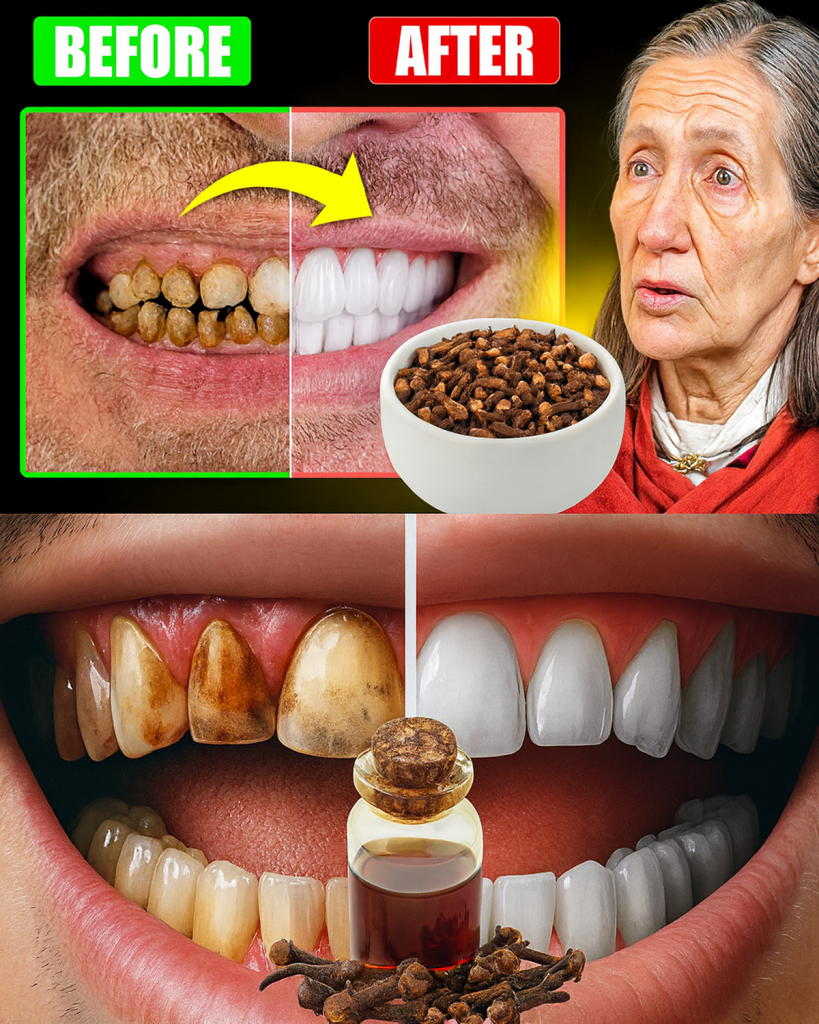
What Are Cloves and Why Are They Powerful?
Cloves are the dried flower buds of the Syzygium aromaticum tree. Used for centuries in Ayurvedic and Chinese medicine, cloves are best known for their strong aroma, warming flavor, and medicinal qualities.
- Active compound: Eugenol, which has antimicrobial, anti-inflammatory, and analgesic effects.
- Traditional uses: Toothaches, digestion, respiratory infections, and pain relief.
- Nutritional profile: Rich in antioxidants, manganese, vitamin K, and fiber.
It’s eugenol that gives clove oil its reputation in dental care. Dentists have historically used clove oil for temporary relief of tooth pain, and modern studies confirm its antibacterial strength against cavity-causing microbes.
Can Clove Oil Reverse Cavities in 24 Hours?
This bold claim needs careful unpacking. Scientifically speaking, once a cavity has progressed to the point of enamel loss, it cannot fully regenerate in 24 hours. Enamel does not regrow naturally. However, what clove oil can do is:
- Kill harmful bacteria in the mouth that contribute to decay.
- Reduce pain and inflammation in the affected tooth.
- Create an environment where remineralization of early lesions is more likely.
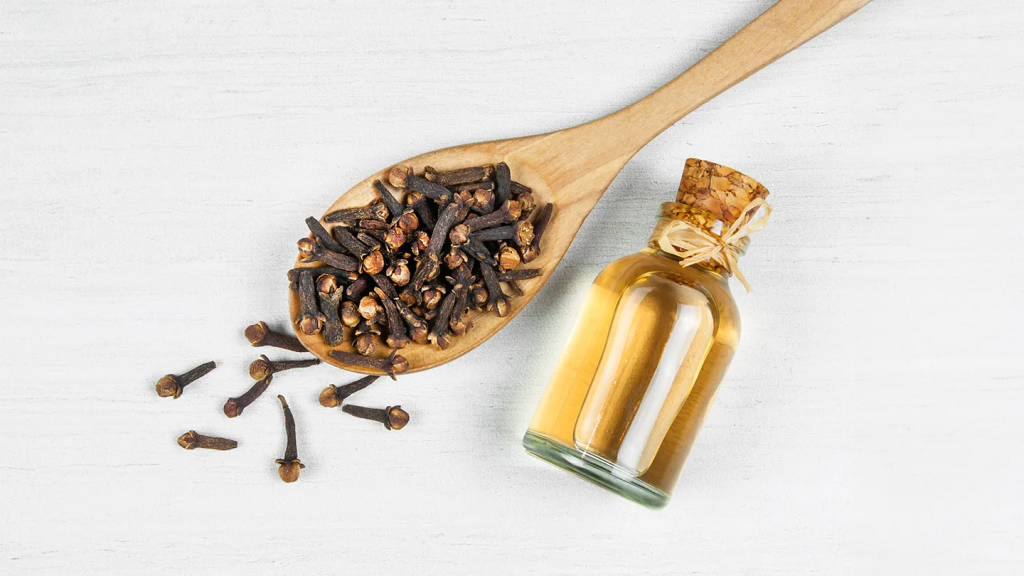
So while clove oil can’t magically fill a hole in your tooth overnight, it can halt the progression of decay, reduce discomfort, and support natural repair processes in very early stages of demineralization.
Case Insight: In one clinical study, eugenol showed significant antimicrobial activity against Streptococcus mutans, the primary bacteria responsible for cavities. This suggests that regular use of clove oil can help prevent cavities from worsening.
7 Ways Cloves Support Oral Health
1. Natural Pain Relief
Clove oil numbs pain by acting directly on nerve endings. This makes it one of the most effective natural remedies for toothaches.
2. Antibacterial Protection
The eugenol in cloves fights the bacteria that cause cavities, gum disease, and bad breath.
3. Reduces Gum Inflammation
Applied topically, clove oil soothes swollen gums and supports healing.
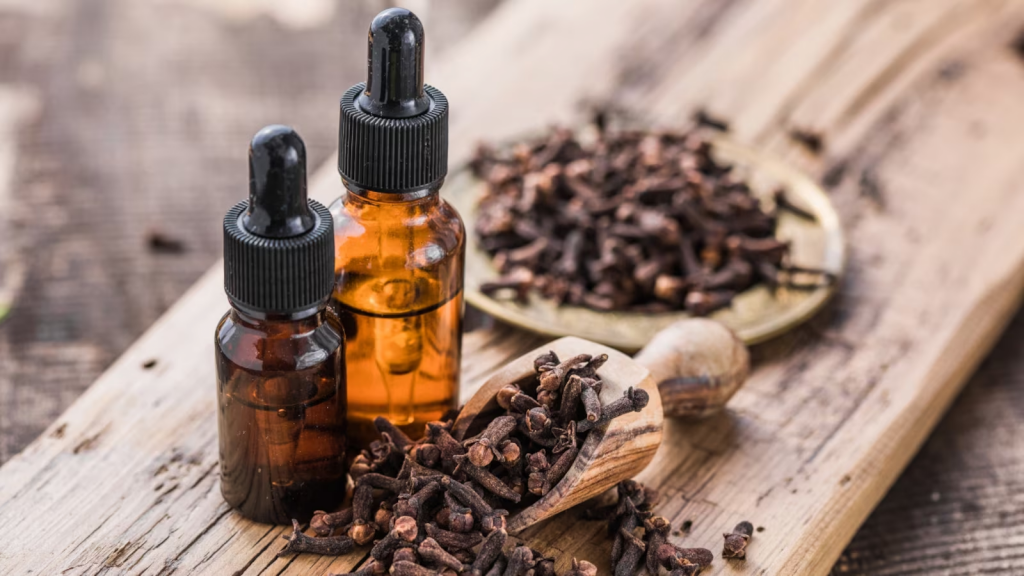
4. Prevents Plaque Formation
By reducing bacterial colonies, clove oil helps minimize plaque buildup and tartar formation.
5. Freshens Breath
Chewing whole cloves or rinsing with clove-infused water naturally deodorizes the mouth.
6. Supports Remineralization
While it can’t rebuild lost enamel, cloves create an antibacterial environment where natural minerals from saliva can redeposit on weakened enamel.
7. Antioxidant Protection
Cloves are one of the richest sources of dietary antioxidants, which fight oxidative stress and support overall gum and oral tissue health.
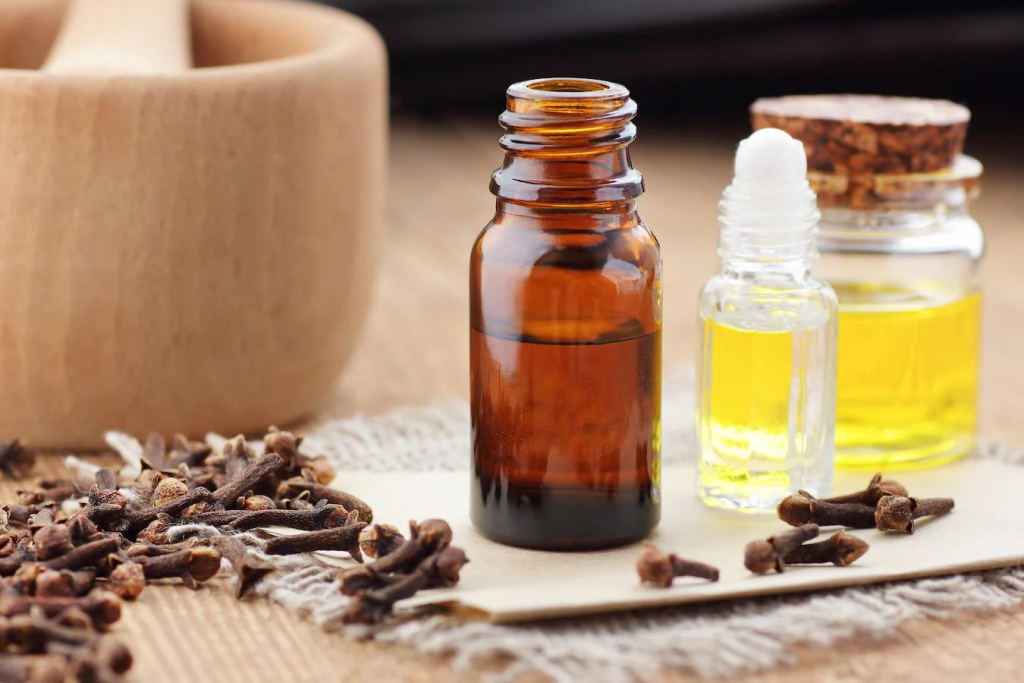
Quick Reference Table
| Benefit | How Cloves Help |
|---|---|
| Tooth pain | Numbs nerves and reduces discomfort |
| Cavity bacteria | Fights S. mutans and oral pathogens |
| Gum swelling | Anti-inflammatory effect |
| Plaque control | Prevents bacterial buildup |
| Bad breath | Neutralizes odors naturally |
| Enamel support | Promotes remineralization environment |
| Oral tissue health | Rich in antioxidants |
How to Use Cloves for Oral Health
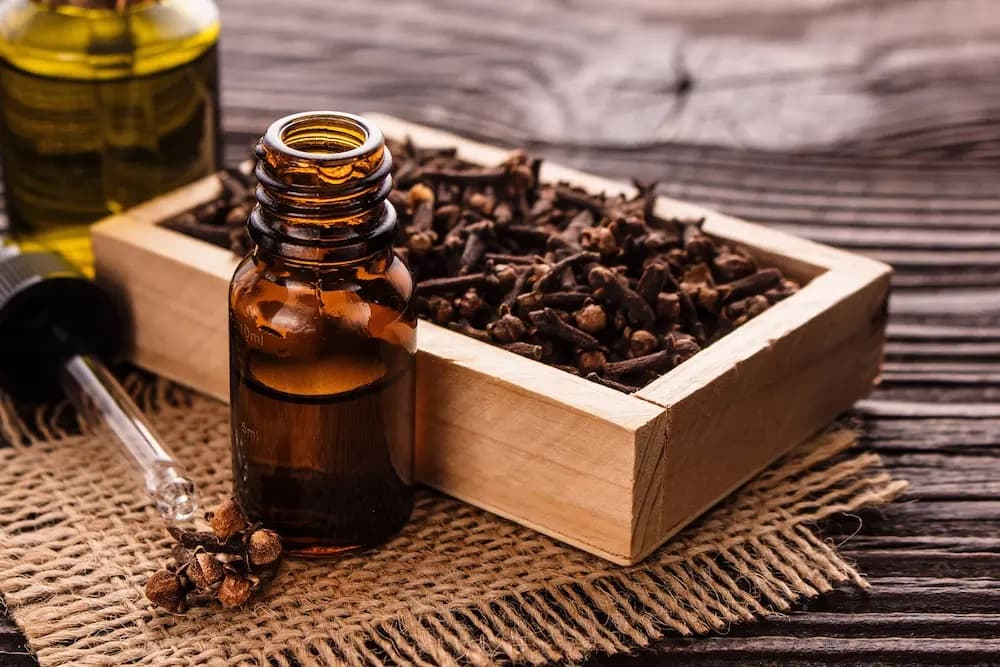
Clove Oil Application
- Dilute clove oil with a carrier oil (like coconut oil).
- Dab a small amount on the affected tooth or gum with a cotton swab.
- Avoid swallowing undiluted oil—it’s too strong and can irritate.
Oil Pulling with Cloves
Add 1–2 drops of clove oil to a tablespoon of coconut oil. Swish in your mouth for 10–15 minutes before spitting out. This helps draw out toxins and bacteria.
Clove Tea Rinse
Steep 2–3 whole cloves in hot water. Let cool, then use as a mouth rinse.
Chewing Whole Cloves
Chewing gently releases clove oil naturally, freshening breath and soothing gums.
Tip: Always use clove oil in moderation. Overuse may irritate gums or mucous membranes.
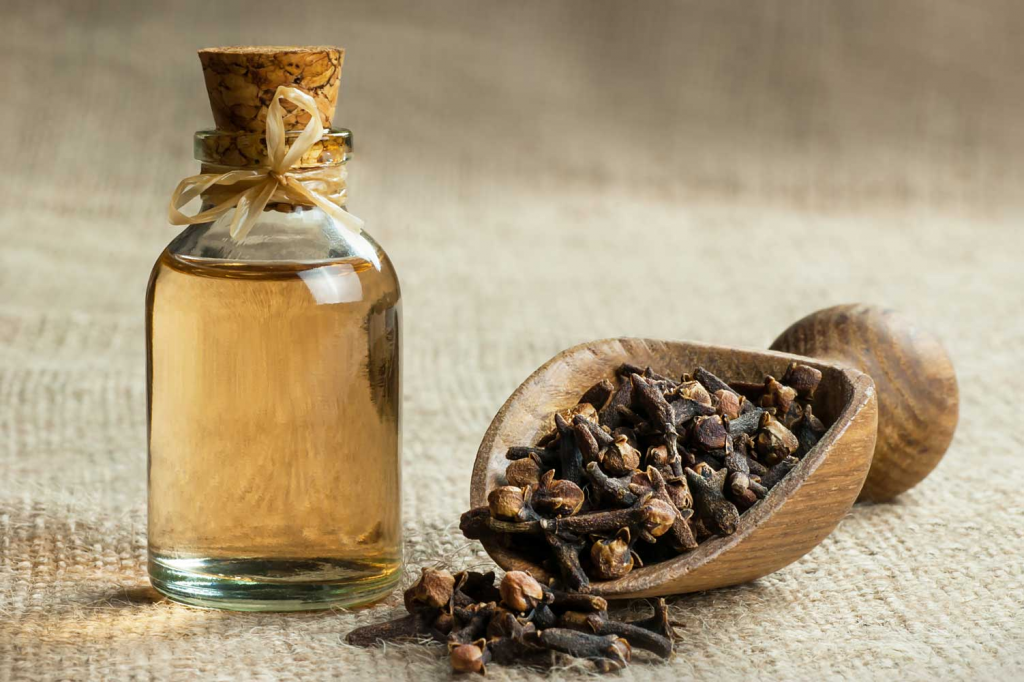
Real-Life Experiences
- Toothache Relief: A mother of two shared that applying diluted clove oil gave her immediate relief from tooth pain when she couldn’t see a dentist right away.
- Preventive Care: A wellness coach incorporated clove oil rinses into her routine and reported fewer gum issues after six months.
- Stress-Free Bedtime: A man who suffered from nighttime tooth sensitivity found that rinsing with clove tea reduced his discomfort, allowing him to sleep better.
Safety Considerations
Cloves are powerful, and caution is necessary.
- Do not use undiluted clove oil directly on gums—it can cause burns.
- Not recommended for young children without medical guidance.
- Pregnant and breastfeeding women should consult a healthcare provider before use.
- People with liver conditions should avoid excessive clove oil ingestion.

Integrating Cloves Into a Dental Wellness Lifestyle
Clove oil is most effective when paired with other good habits:
- Brush twice daily with fluoride toothpaste.
- Floss regularly to remove hidden plaque.
- Maintain a low-sugar diet to reduce bacterial fuel.
- Visit your dentist for regular check-ups.
This way, cloves become a supportive tool, not a substitute, for oral health.
Conclusion
Can clove oil really reverse cavities in 24 hours?
Not literally, but it can fight bacteria, reduce pain, and support enamel protection.
Is it safe to use at home?
Yes, when diluted properly and used in moderation.
Should I skip the dentist?
No. Clove oil is complementary, not a replacement for professional care.
Bottom line:
Cloves may be small, but their oral health benefits are mighty. Whether used as oil, tea, or whole spice, they can relieve pain, fight bacteria, and help protect teeth naturally. With consistent care and smart dental habits, cloves can be a golden ally in your journey toward healthier teeth and gums.
This content is for informational purposes only and does not replace professional dental advice. Always consult your dentist for diagnosis and treatment of oral health conditions.




